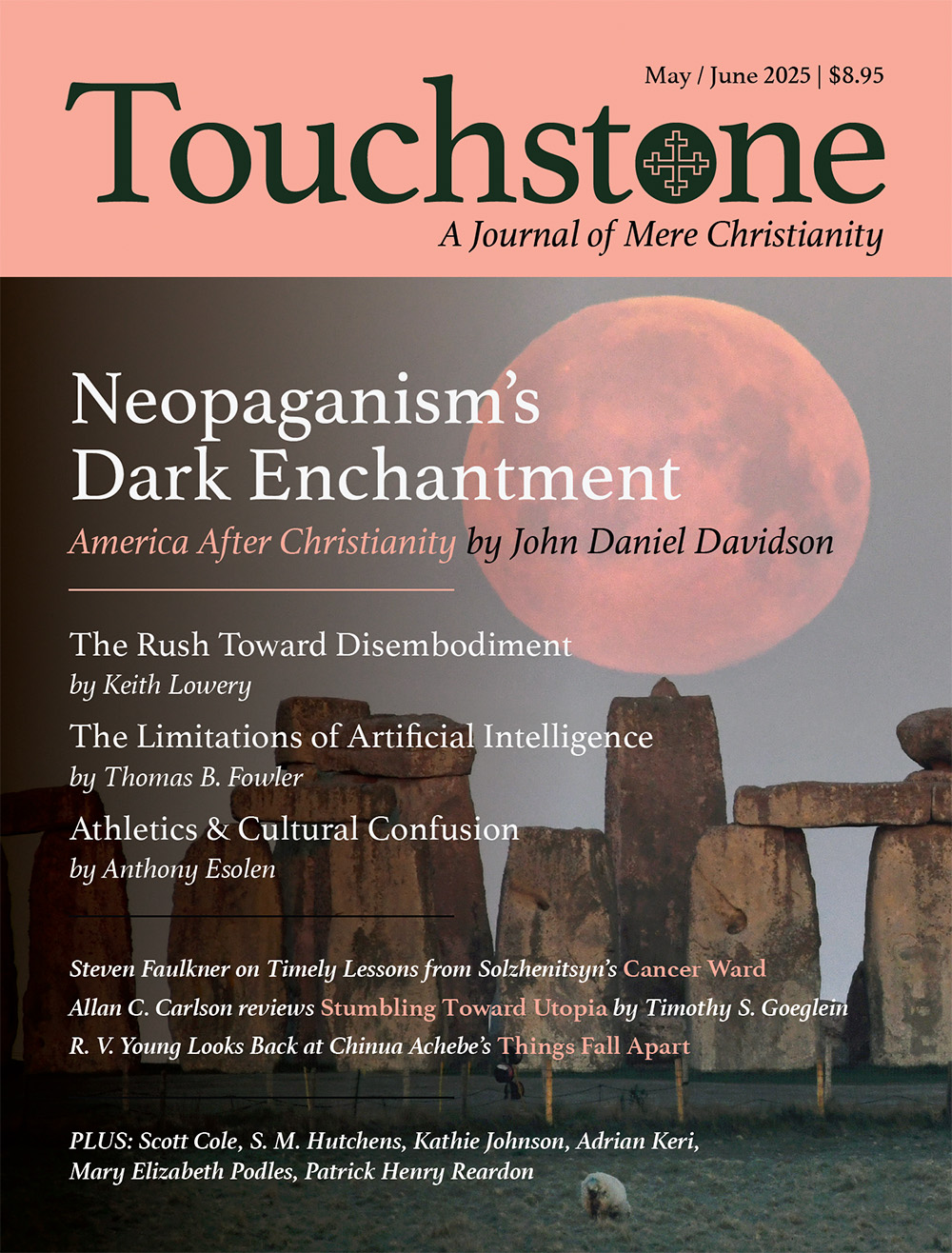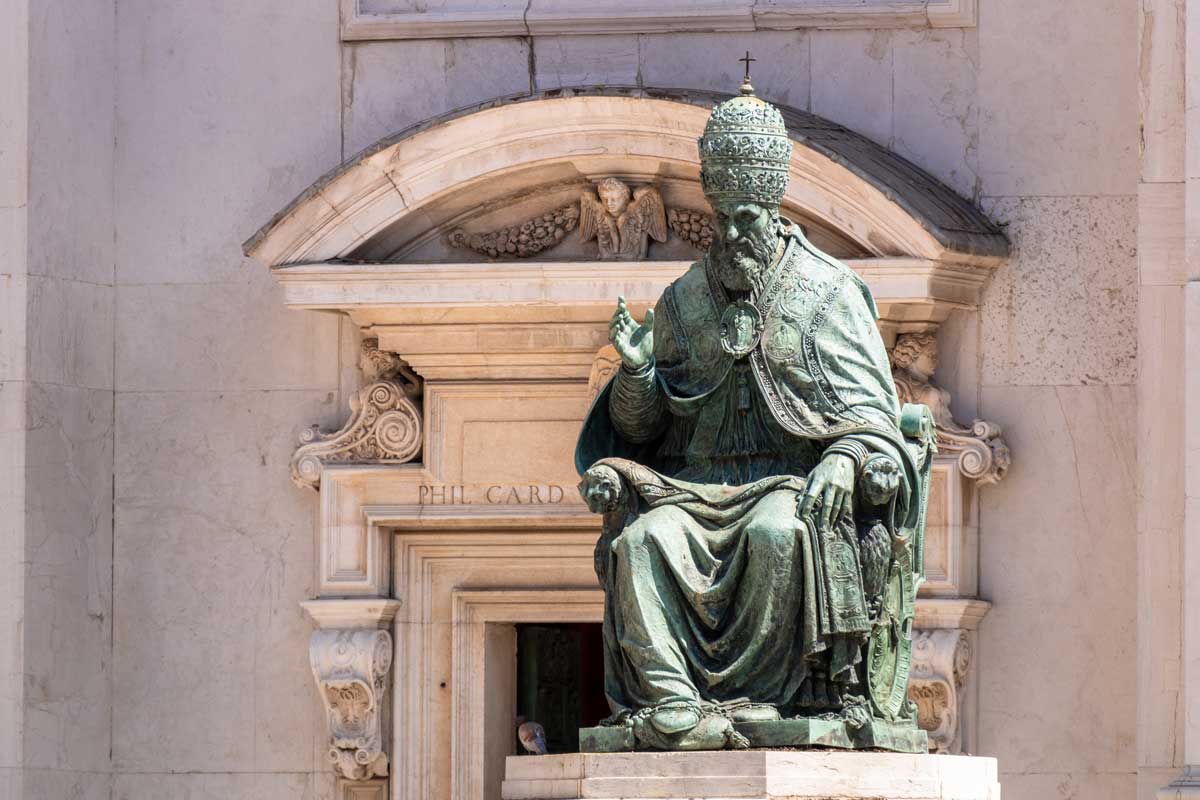Sifting Through Cultural Debris
A Look Back at Chinua Achebe’s Things Fall Apart
Chinua Achebe’s 1958 novel, Things Fall Apart, brought his name before an admiring literary public in both England and America. Achebe’s novel is an early and still widely influential example of what has come to be designated “post-colonial” literature, written mostly by indigenous authors, dealing with the effects of European colonization of “third-world” countries in Africa, Asia, and Latin America. The universal assumption of academic literary study in the post-colonial field is that colonization was totally evil, and when not explicitly the result of malicious racism, was still an engine of predatory exploitation, whose stated goals of civilization and evangelization were mere pretexts for the cultural erasure of the native peoples. Achebe, especially in later works, seems to share this view. Things Fall Apart, his first novel—obviously the work of a man of great talent—is to some extent diminished by his willingness to allow such ideological considerations to warp his literary vision, especially at the novel’s conclusion.
To Achebe’s credit, his depiction of Ibo culture before the advent of British colonialism in what is now southeastern Nigeria is unsparing in its depiction of the irrational brutality of some aspects of village life, although it is, for the most part, treated sympathetically. The fictional community, Umuofia, comprises nine loosely associated villages, speaking the same Ibo dialect and sharing most of the same customs, mores, and gods. The villages are governed informally by elders, men who have achieved wealth, influence, and distinction in the course of their lives. Among free men, at least, the Ibos in the time before they were effectively subjected to British colonial power, lived according to a loosely “democratic” polity. The basis of their life resembled what the Romans called mos maiorum, the custom of the ancestors; and disputes among individuals or families or about the meaning and application of traditional practices were resolved by a counsel of the most prominent elders, dressed up in masks to represent gods and ancestral spirits. They were not under the tyranny of any particular individual or family.
THIS ARTICLE ONLY AVAILABLE TO SUBSCRIBERS.
FOR QUICK ACCESS:
R. V. Young is Professor of English Emeritus at North Carolina State University, a former editor of Modern Age: A Quarterly Review, and the author of Shakespeare and the Idea of Western Civilization (Catholic University of America Press, 2022). He and his wife are parishioners at St. Ignatius of Antioch Church in Tarpon Springs, Florida. They have five grown children, fifteen grandchildren, and three great-grandchildren. He is a senior editor of Touchstone.
bulk subscriptions
Order Touchstone subscriptions in bulk and save $10 per sub! Each subscription includes 6 issues of Touchstone plus full online access to touchstonemag.com—including archives, videos, and pdf downloads of recent issues for only $29.95 each! Great for churches or study groups.
Transactions will be processed on a secure server.
more from the online archives

8.4—Fall 1995
The Demise of Biblical Preaching
Distortions of the Gospel and its Recovery by Donald G. Bloesch
calling all readers
Please Donate
"There are magazines worth reading but few worth saving . . . Touchstone is just such a magazine."
—Alice von Hildebrand
"Here we do not concede one square millimeter of territory to falsehood, folly, contemporary sentimentality, or fashion. We speak the truth, and let God be our judge. . . . Touchstone is the one committedly Christian conservative journal."
—Anthony Esolen, Touchstone senior editor










